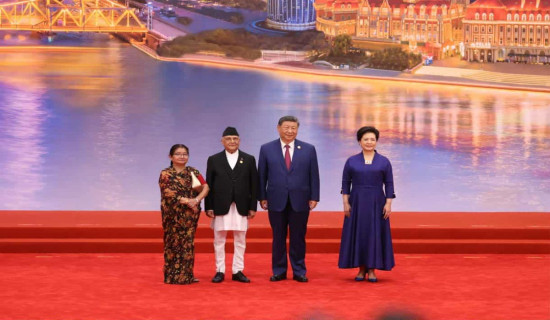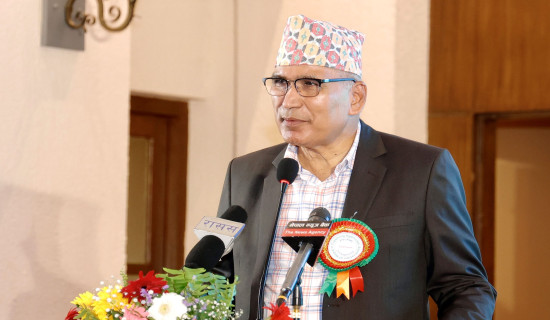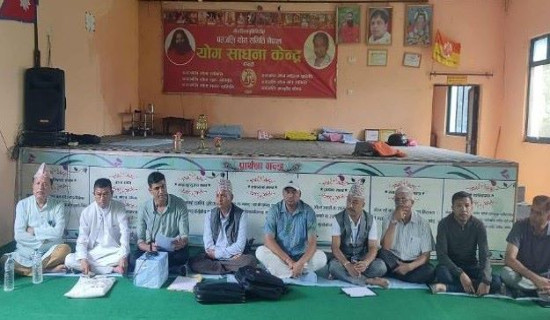- Sunday, 31 August 2025
Afghan Refugees’ Plight
Today, Afghan refugees are facing new ordeals globally. The majority of them, who had fled Afghanistan to protect themselves from possible persecution by the Taliban regime, are now being deported back home. This is a huge setback for those refugees as it is a violation of the principle of refoulement. And it demands the reevaluation of the existing refugee settlement systems in order to ensure their effective protection and integration.
The principle of refoulement is an important concept in international law. It emphasises preventing the return of refugees to their home country, where they may face persecution or other serious harm. It safeguards human rights, fundamental freedoms and the dignity of the refugees. But, in reality, we still do not find many host countries adhering to this principle. One of the prime reasons for this is the growing financial burden caused by refugees to the host country. Following the ousting of former President Ashraf Ghani by the Taliban in August 2021, many Afghans started leaving their homeland for their security. The majority settled in neighbouring countries like Pakistan, Iran and Tajikistan. Some even reached Turkey.
But, in the latest turn of events, these countries are alleged to have been forcing Afghan refugees to return home. Pakistan, citing a heavy burden for an already unstable economy, has sought their return. Iran has followed suit by sending as many as 1.4 million undocumented Afghans back home. Iran’s government concedes that it is unable to absorb those refugees, with its economic crisis and depleting natural resources. Reports show that Afghans have lived in a dire condition in the country because they are forced to suffer from various forms of violence and harassment.
Similar actions have been taken by Tajikistan and Turkey. As per the United Nations High Commissioner for Refugees (UNHCR), the number of Afghans returning through the border has risen significantly. Tens of thousands of people are arriving at the Afghan border every day. Given the widespread fear and restricted freedom, especially for girls and women under the Taliban rule in Afghanistan, these actions have been termed as a violation of the principle of refoulement.
The majority of countries worldwide are facing serious economic pressure, making them reluctant to accept refugees. Besides, changing leadership is also influencing the situation. For instance, leadership in the United States and Germany has decided to suspend UNHCR’s refugee settlement programme. Besides these challenges, UNHCR is barred from functioning effectively owing to its massive funding cuts. Limited resources make it handicapped and helpless as host countries decide to return more refugees.
Coming back to Afghanistan can put Afghan refugees at risk on multiple levels. Besides the fear of getting persecuted, Afghanistan’s limited capacity and means to manage them remain a major hindrance. All of these indicate the failure of the global refugee system. While the Taliban government demonstrates a willingness to welcome Afghan nationals, how the situation will unfold is a matter to look out for.
The international community needs to review its efforts in refugee settlement. International cooperation must be fostered to protect refugees and empower them, so that they are not a burden, but rather a support to the host country’s economy. A sense of shared responsibility can not only help strengthen the institutional capacity of agencies like UNHCR but also maintain dignity and respect for refugees. This outlook is more than imperative at this critical period to protect and promote the values of human rights we have long preached about.




-square-thumb.jpg)


-square-thumb.jpg)
-square-thumb.jpg)







